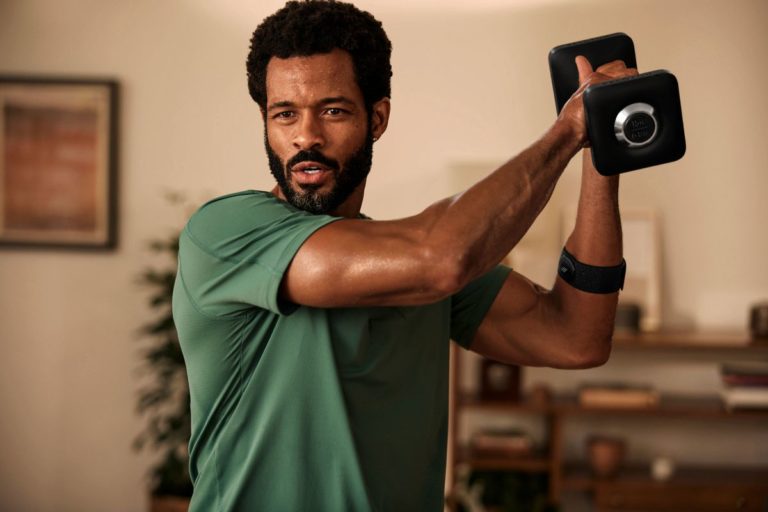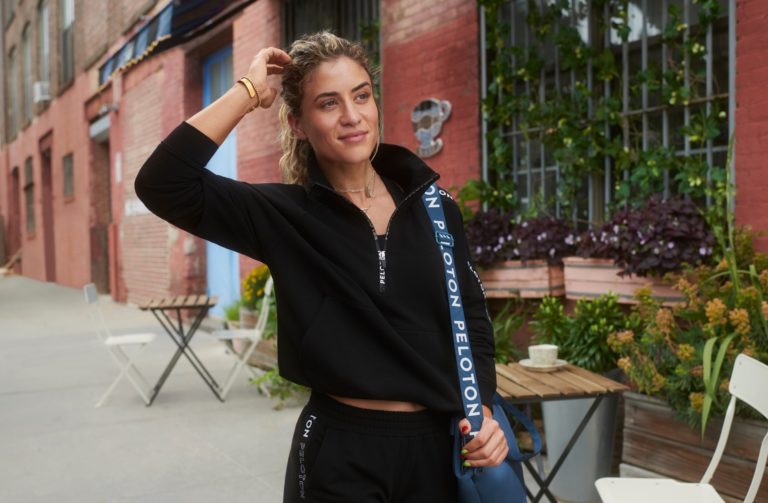Copyright © 2025 Fitt. All rights reserved. Privacy Policy.
Issue No. 189: Destination Wellness
Up Next
View All
March 1, 2022
Planet Fitness Sees Revenue, Membership Growth Rebound
The gym chain reports Q4 and full-year 2021 earnings.
February 9, 2022
Peloton Restructuring: CEO Steps Down, Company Cuts 2,800 Jobs

February 1, 2022
Peloton Introduces Heart Rate-Tracking Wearable
The device aims to unite the company’s exercise ecosystem.

February 1, 2022
Peloton Sees Apparel Sales Slow
It’s in-house clothing biz takes a hit.
